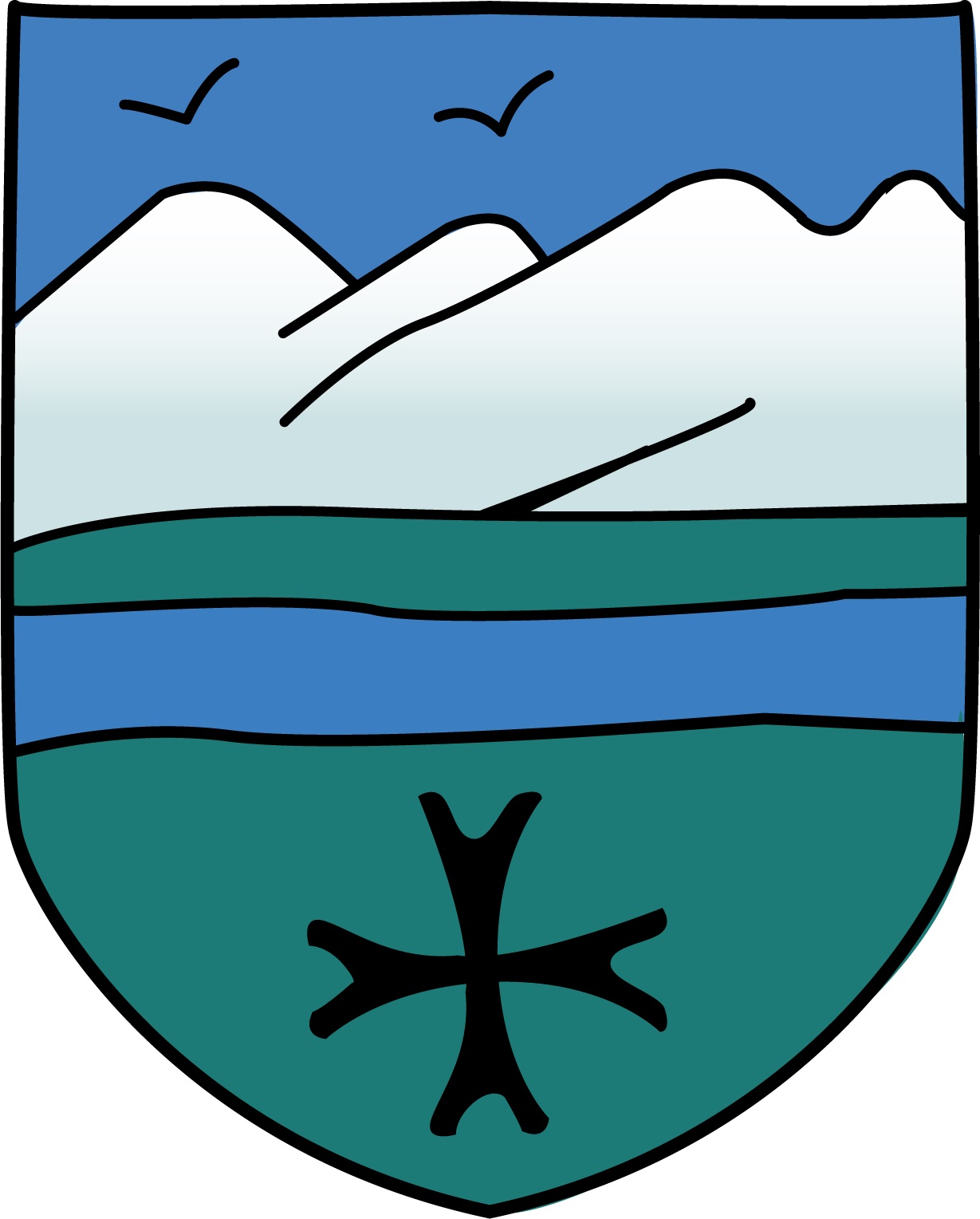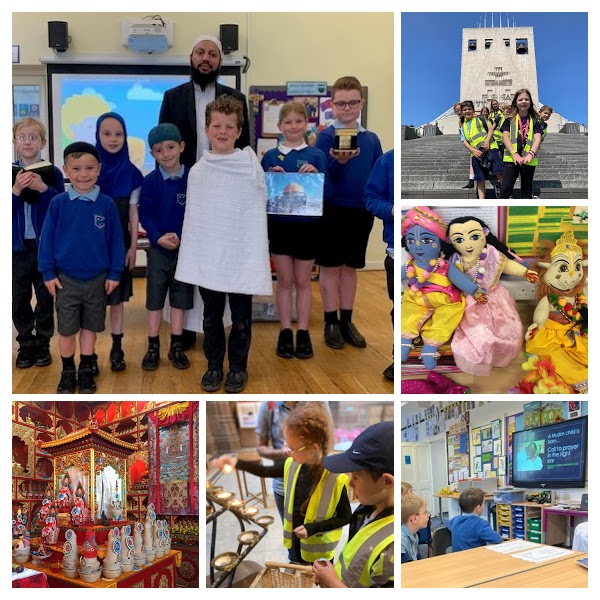Religious Education
Subject Leader: Mr Laithwaite
Intent
Religious Education (RE) is important in helping young people grow up in today’s diverse, multi-faith and connected world. We aim to give pupils opportunities to develop their knowledge, skills and understanding of different religions and beliefs and to contribute to the development of their own beliefs and values. We believe that everyone has their own unique view of the world and RE is about exploring these views.
As we are a Church of England school, we follow the principles of the Cumbria Agreed Syllabus. Christianity is studied in depth through both Key Stages. We also focus on Islam at Key Stage 1, then focus on both Islam and Buddhism at Key Stage 2, as well as touching upon elements of other faiths where appropriate. The whole school RE plan seeks to ensure breadth, balance, continuity and progression.
We promote links with our local church and other organisations, including Carlisle Diocese and NISCU (Northern Inter-Schools Christian Union) to develop and enhance our provision of RE, through CPD, visits and activity days, such as ‘Experience Easter’. We also have a number of Christian Values, which were chosen by children and staff and which are central to our school. These values are reinforced through collective worship, reflection areas within the school and through whole school value days, where children collaborate to explore what the values mean to them.
Implementation
At Temple Sowerby CE Primary School, we use Blackburn Diocese’s ‘Questful’ syllabus as the basis for our curriculum. This is to ensure we provide high-quality Religious Education which gives pupils a deeper understanding of Christianity and enables every child to flourish.
Questful also focuses on an investigative enquiry approach, giving pupils the sense of being on a quest of discover, whilst the curriculum content is a balance of the three essential disciplines of quality RE: Theology, Philosophy and Human Social Science. This means pupils will look at concepts through a theological lens, exploring what people of faith believe. Alongside this, pupils will explore questions and answers raised in relation to the lived reality and impact of religion and world views on people’s lives. They will also think like philosophers, and be equipped with the skills that will enable them to make sense of life’s experiences.
Our RE curriculum is taught in mixed age groups across the school (EYFS, Y1/2, Y3/4 and Y5/6). Our long-term planning incorporates all the recommended Questful core units, with key themes (such as Christmas and Easter) being revisited each year throughout both key stages to ensure progression of knowledge and skills. Our Questful units make up approximately 80% of our whole RE curriculum. However, although these units provide opportunities to explore other world faiths, we also teach discrete units for other world religions (in line with the Cumbria Agreed Syllabus, this is Islam in KS1, Islam and Buddhism in KS2). This is to ensure our children have a strong understanding of other world faiths, develop cultural capital and are prepared for a world of diversity.
We also make links with our local church community, Carlisle Diocese and other organisations to further develop children’s understanding of RE. We attend our local church each month and provide opportunities for children to explore worship in different settings and through different faiths. Examples include visiting Carlisle Cathedral as part of a Diocese transition project with other local schools, KS1 children taking part in Carlisle Cathedral’s ‘Rest Under the Stars’ art installation at St Lawrence’s Church in Appleby, visiting the Samye Ling Temple to learn about Buddhist worship and welcoming the Muslim Learning Centre into our school for an Islam workshop.
Impact
By the end of Key Stage 1, children will be able to recall and name different beliefs and practices, including festivals, worship, rituals and ways of life. They will be able to retell religious stories, understanding which religions they come from and the values or morals that they explore. Children will be able to recognise different religious symbols; understand some of the things that different religious communities do and the views different religions might have, and learn to respond sensitively to these. They will ask and answer questions and begin to understand what a difference being part of a community might make.
Children will explore questions about belonging, meaning and truth and express their own ideas and opinions in response using words, music, art or poetry. They will find out about and respond, with ideas, to examples of co-operation between people who are different and questions of wrong and right.
By the end of Key Stage 2, children will be able to describe and make connections between different features of the religions and worldviews they study and discover more about celebrations, worship, pilgrimages and the rituals which mark important points in life. They will describe and understand links between stories and other aspects of religious communities and respond thoughtfully to a range of sources of wisdom and to beliefs and teachings that arise from them. Children will explore and describe a range of beliefs, symbols and actions so that they can understand different ways of life and ways of expressing meaning. They will observe and understand varied examples of religions and worldviews and understand the challenges and the value of commitment to a community of faith or belief. Children will consider the similarities and differences between different religions and worldviews and discuss and present their own and others’ views on challenging questions about belonging, meaning, purpose and truth, applying ideas of their own thoughtfully through different forms. They will find out about and respond thoughtfully, with ideas, to examples of co-operation between different communities and ethical questions of what is wrong and right and what is just and fair.
For further details of how Religious Education is taught at Temple Sowerby CE Primary School, including our long-term planning and progression documents, please see our policy below. You can also see our long-term plan and how this meets the requirements of the Cumbria Agreed Syllabus at our Curriculum Design page.
WITHDRAWAL
Our Religious Education curriculum is designed to be inclusive for all but parents do have the right to withdraw their child from all or part of RE if they wish. Any parents considering withdrawal should arrange to contact the headteacher to discuss their concerns.



